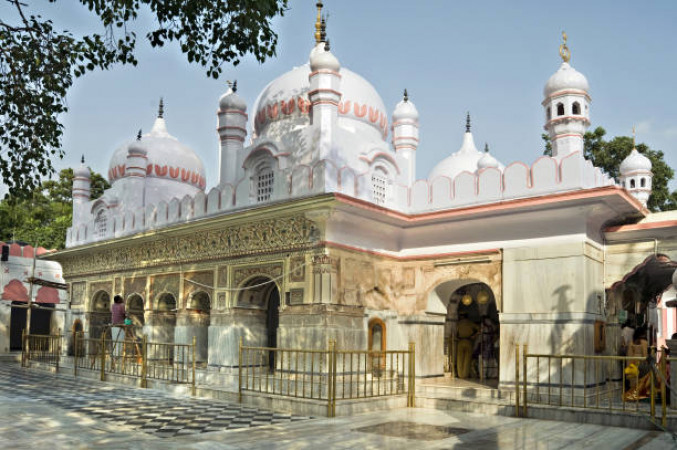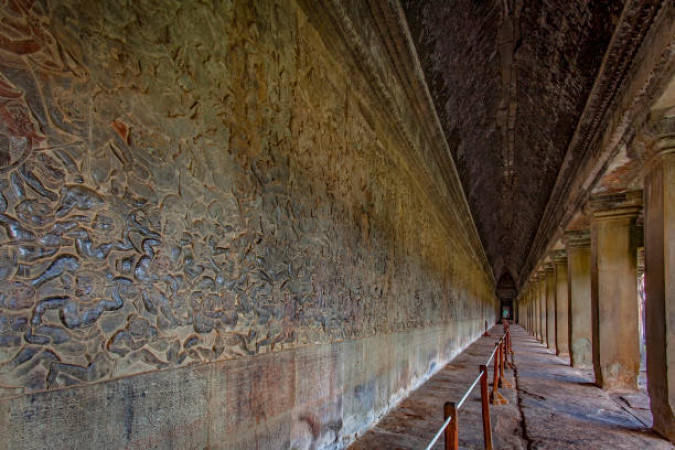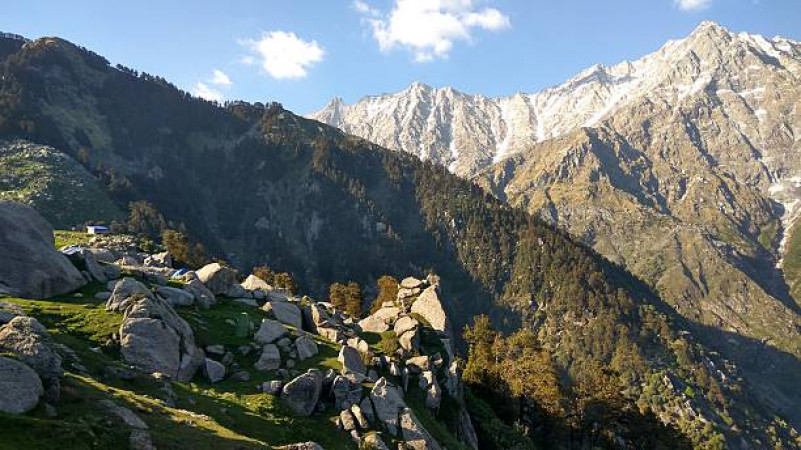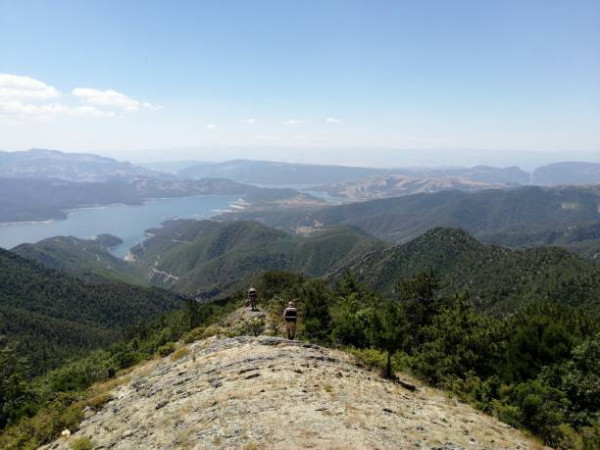Panchkula Travel Guide
Panchkula, located in the northern state of Haryana, India, is a picturesque city known for its beautiful landscapes, rich history, and vibrant culture. The city is famous for its well-planned architecture, lush greenery, and proximity to the Shivalik foothills. Panchkula is a popular destination for nature lovers and adventure enthusiasts alike.Top Attractions in Panchkula
- Sukhna Lake
- Mansa Devi Temple
- Cactus Garden
- Panchkula Golf Club
- Pinjore Gardens
Panchkula is Famous for
Panchkula is famous for its well-planned architecture and lush green landscapes that offer a serene escape from the bustling city life.Top Attractions in Panchkula
- Explore the tranquil Sukhna Lake
- Visit the sacred Mansa Devi Temple
- Discover unique cacti species at the Cactus Garden
- Enjoy a round of golf at the Panchkula Golf Club
- Stroll through the beautifully landscaped Pinjore Gardens
What's Great about Travelling to Panchkula?
- Perfect retreat for nature lovers
- Rich cultural heritage to explore
- Plenty of outdoor activities for adventure seekers
What's Not So Great about Travelling to Panchkula?
- Limited nightlife options
- May not be suitable for travelers seeking a bustling city experience
Travel Tips for Panchkula
- Check visa requirements before your trip
- Opt for local transport or hire a car for easier exploration
- Respect local customs and traditions
Important Panchkula trip information
- Ideal Duration: 2-3 days
- Best Time to Visit: October to March for pleasant weather
- Nearby Airports and Railway Stations: Chandigarh Airport and Chandigarh Railway Station
Top 7 Places to visit in Panchkula
FAQ's on Panchkula
Q1: What is the best time to visit Panchkula?
The best time to visit Panchkula is during the months of October to March when the weather is pleasant and suitable for exploring the city. This period also coincides with many local festivals and events, adding to the cultural experience. Avoid the summer months (April to June) as they can be extremely hot and humid.
Q2: Do I need a visa to travel to Panchkula?
As Panchkula is located in India, travelers from most countries will need a visa to visit. However, certain nationalities may be eligible for a visa on arrival or e-visa. It is advisable to check with the nearest Indian embassy or consulate for the most up-to-date visa requirements before planning your trip.
Q3: What are the must-visit attractions in Panchkula?
Panchkula boasts several must-visit attractions, including the Morni Hills, Cactus Garden, Pinjore Gardens, and Nada Sahib Gurudwara. Nature lovers can explore the beautiful landscapes, while history enthusiasts can visit the various temples and historical sites scattered across the city.
Q4: Is Panchkula a safe place to travel?
Panchkula is generally a safe destination for travelers. However, like any other city, it's always recommended to remain cautious, especially in crowded areas and at night. Avoid isolated areas and take necessary precautions to safeguard your belongings.
Q5: What is the local currency in Panchkula and can I use credit cards?
The local currency in Panchkula is the Indian Rupee (INR). While credit cards are accepted at most hotels, restaurants, and larger stores, it's advisable to carry some cash for smaller establishments and local markets. ATMs are also readily available for cash withdrawals.
Q6: What is the local cuisine like in Panchkula?
Panchkula offers a diverse culinary experience with a mix of North Indian, Punjabi, and local Haryanvi cuisines. Don't miss trying dishes like Chole Bhature, Butter Chicken, Sarson da Saag, and Makki di Roti. Vegetarians will also find plenty of options like Dal Makhani and Paneer dishes.
Q7: What transportation options are available in Panchkula?
Transportation options in Panchkula include auto-rickshaws, cycle rickshaws, taxis, and local buses. Additionally, app-based cab services are also available for convenient travel within the city and to nearby attractions. Renting a car or hiring a driver is another popular option for exploring the region.
Q8: Are there any cultural norms or etiquette I should be aware of when visiting Panchkula?
When visiting Panchkula, it's important to respect local customs and traditions. Dress modestly, especially when visiting religious sites, and remove your footwear before entering temples or homes. It's also customary to greet people with a "Namaste" and use your right hand for eating and giving/receiving items. Showing respect towards elders is highly valued in Indian culture.
Q9: I am a travel agent. How can I buy travel leads of Panchkula?
Register yourself as a travel agent at agents.tripclap.com and then you can buy travel leads to Panchkula once your account is approved. For more details contact our support team at +91-8069186564 or support@tripclap.com






